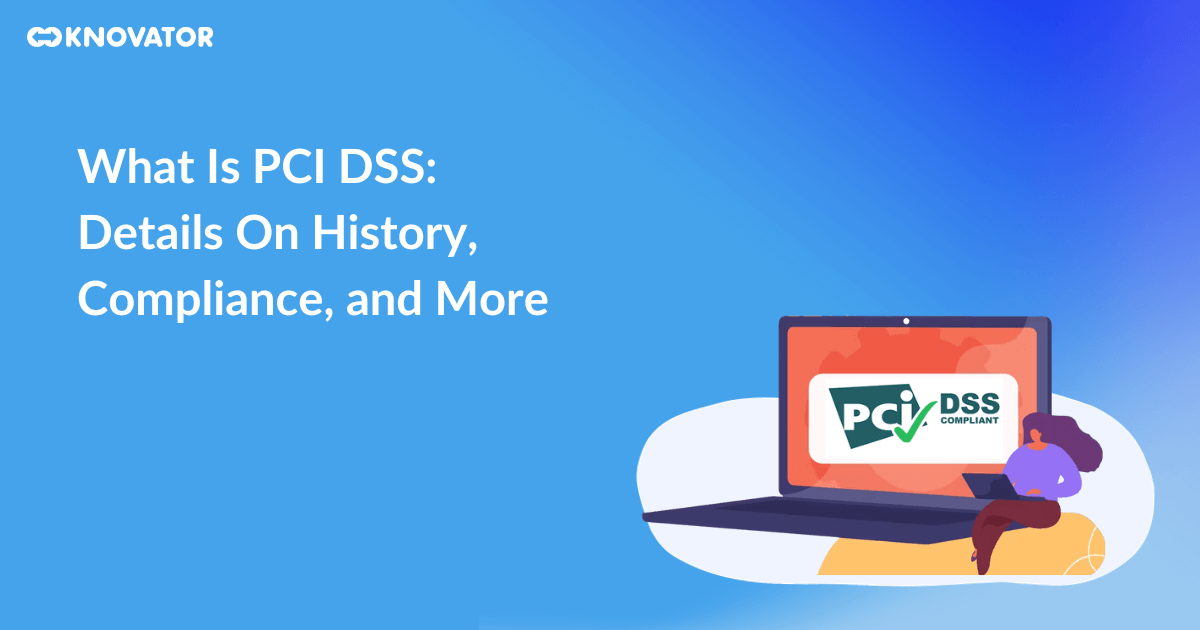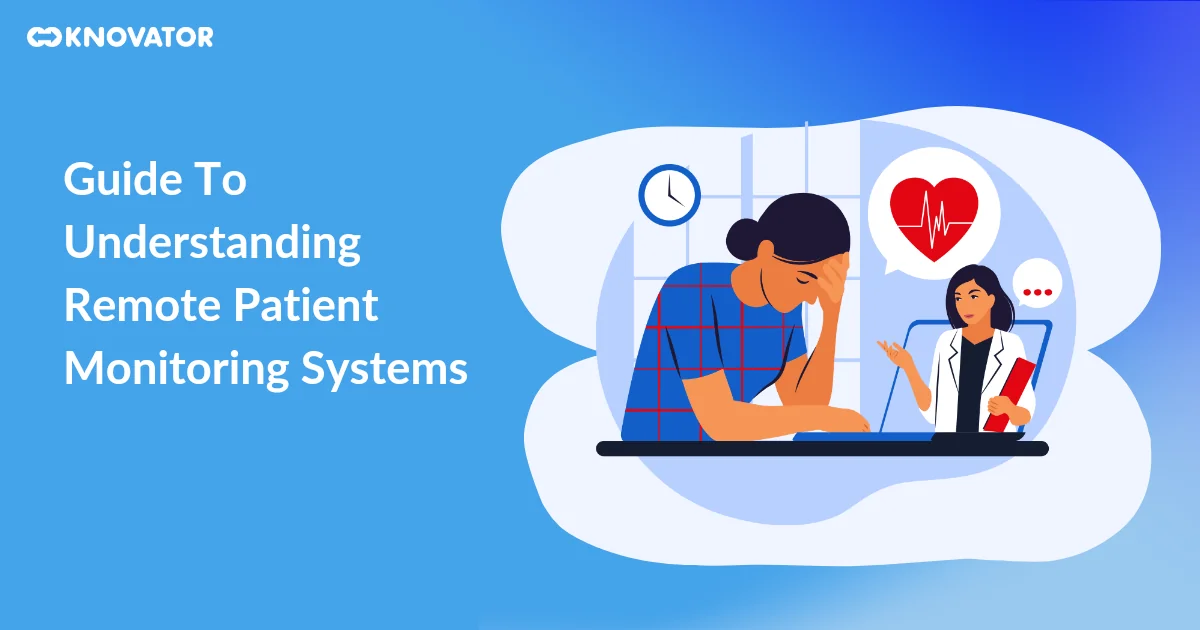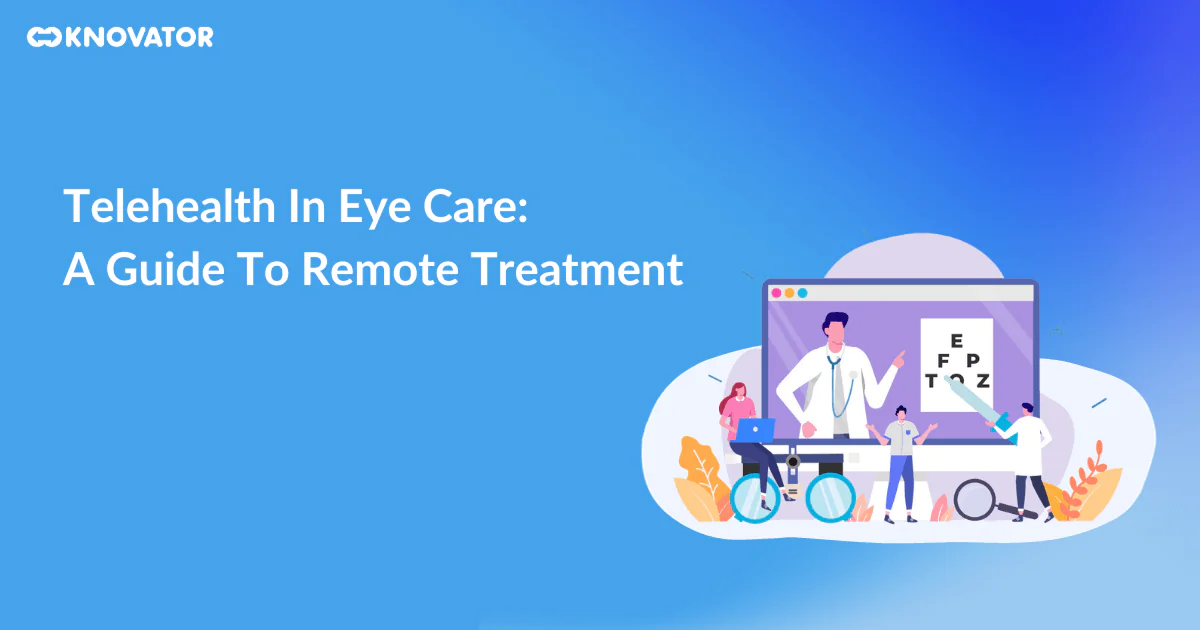Welcome to the world of PCI DSS or the Payment Card Industry Data Security Standard. This set of security standards designed specifically for insurance companies suggests they maintain a secure environment every time they accept, process, store, or transmit credit card information. In today’s digital age, where data breaches are increasingly common, PCI DSS is crucial in protecting businesses and consumers. It’s not just about compliance; it’s about fostering trust and safeguarding sensitive payment card data.
Understanding PCI DSS
PCI DSS, or the Payment Card Industry Data Security Standard, is a set of security standards for all companies accepting, processing, storing, or transmitting credit card information. PCI DSS compels them to maintain a secure environment. It’s a universal standard applicable to any organization that handles cardholder data.
The purpose of PCI DSS is to limit (if not completely demolish) the risk of debit and credit card data loss. It provides a foundation of technical and operational requirements to protect cardholder data. PCI DSS covers many areas, including network security, data protection, vulnerability management, access control, monitoring, and information security policies.
The goals of PCI DSS are: –
- To build and maintain a secure network,
- Maintain a vulnerability management program,
- Protect cardholder data,
- Implement strong access control measures,
- Regularly monitor and test networks, and
- Maintain an information security policy
Understanding and implementing PCI DSS can be complex, but it’s essential for businesses that handle cardholder data. Non-compliance can lead to data breaches, fines, and damage to a company’s reputation. So, it’s not just about compliance but protecting your business and customers.
Who Should Be Concerned With PCI DSS
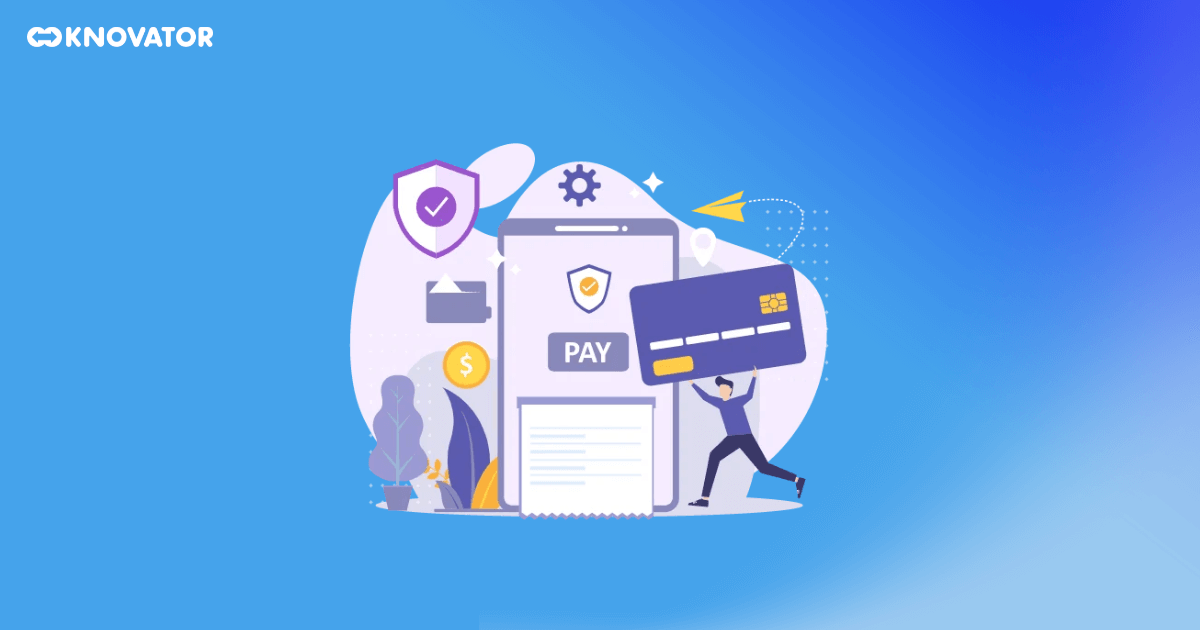 Any organization that handles cardholder data should be concerned with PCI DSS. This includes businesses of all sizes, from small online retailers to large multinational corporations. It also includes service providers that process, transmit, or store cardholder data on behalf of other businesses.
Any organization that handles cardholder data should be concerned with PCI DSS. This includes businesses of all sizes, from small online retailers to large multinational corporations. It also includes service providers that process, transmit, or store cardholder data on behalf of other businesses.
The consequences of non-compliance can be severe. They can include fines from payment card brands, costly forensic audits, and potentially losing the ability to accept credit card payments. Moreover, a data breach can lead to reputational damage that can impact a business long-term.
In addition to these direct consequences, non-compliance can lead to indirect costs. These can include the costs associated with remediation efforts, legal fees, and potential lawsuits from affected customers. Therefore, all businesses that handle cardholder data should prioritize PCI DSS compliance.
PCI DSS Compliance
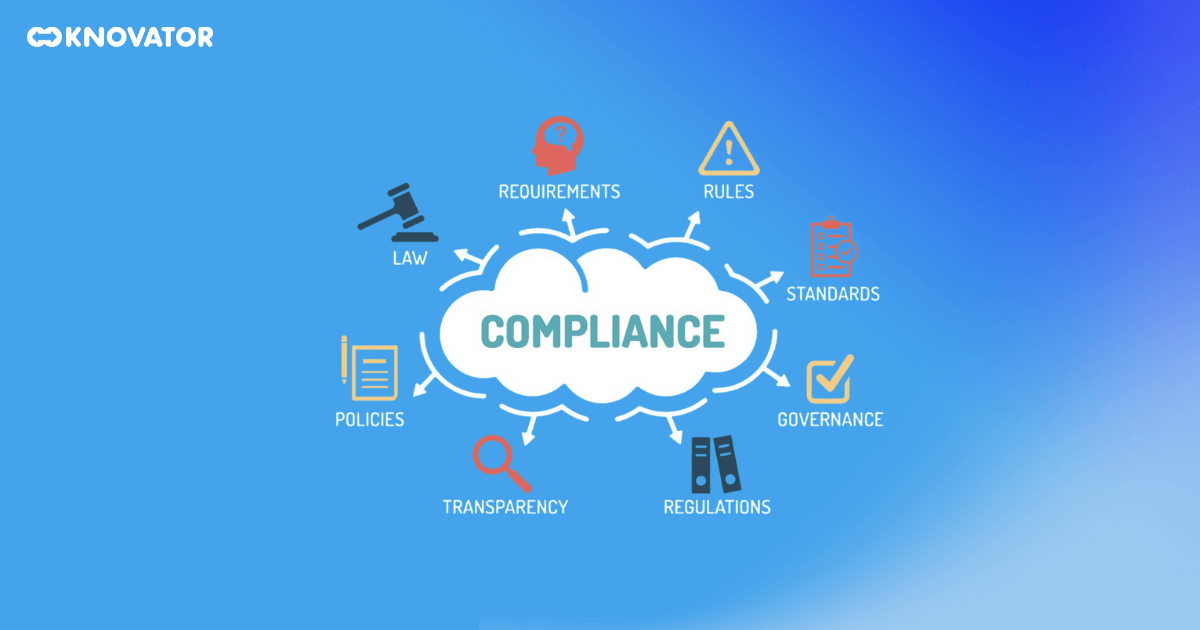 Achieving PCI DSS compliance involves several steps. First, a business must identify its cardholder data and where it’s stored. This includes card numbers, cardholder names, service codes, and expiration dates. The business must then assess its current security measures and identify any vulnerabilities.
Achieving PCI DSS compliance involves several steps. First, a business must identify its cardholder data and where it’s stored. This includes card numbers, cardholder names, service codes, and expiration dates. The business must then assess its current security measures and identify any vulnerabilities.
Next, the business must implement security controls to protect cardholder data. This can involve a range of measures, from installing firewalls and encrypting transmission of cardholder data to regularly updating and patching systems.
Once these controls are in place, the business must regularly monitor and test its networks to ensure they remain secure. This includes tracking and monitoring all access to network resources and cardholder data.
Finally, the business must maintain an information security policy that addresses information security for all personnel.
The role of PCI DSS in data security is crucial. By following these standards, businesses can significantly decrease their risk of a data breach and protect their customers’ sensitive information.
Impact of PCI DSS On Businesses
 PCI DSS compliance has several benefits for businesses. Firstly, it helps protect customer data, enhancing customer trust and loyalty. Customers are more likely to do business with companies they believe are taking steps to safeguard their information.
PCI DSS compliance has several benefits for businesses. Firstly, it helps protect customer data, enhancing customer trust and loyalty. Customers are more likely to do business with companies they believe are taking steps to safeguard their information.
Secondly, compliance can help businesses avoid costly fines and legal fees associated with data breaches. It can also help a business avoid the reputational damage that often follows a breach.
Case studies of businesses benefiting from PCI DSS are numerous. For example, businesses implementing PCI DSS have reported fewer data breaches and lower fraud rates. They’ve also seen increased customer confidence and loyalty.
In conclusion, while achieving PCI DSS compliance can be challenging, the benefits for businesses are clear. It’s an investment in the security of your business and the trust of your customers.
Tools And Resources For PCI DSS Compliance
 Achieving and maintaining PCI DSS compliance can be a complex process, but there are numerous tools and resources available to assist businesses. These tools can help businesses understand the requirements of PCI DSS, implement necessary security measures, and maintain compliance over time.
Achieving and maintaining PCI DSS compliance can be a complex process, but there are numerous tools and resources available to assist businesses. These tools can help businesses understand the requirements of PCI DSS, implement necessary security measures, and maintain compliance over time.
One of the primary resources is the official PCI Security Standards Council website, which provides a wealth of information about PCI DSS, including detailed explanations of the requirements, guidance documents, and best practices. The site offers training courses and certification programs for individuals and companies seeking to enhance their knowledge and skills in PCI DSS.
In addition to the official resources, many third-party tools and services can assist with PCI DSS compliance. These include security assessment tools, encryption solutions, network monitoring software, and consulting services. These tools can help businesses identify and address potential security vulnerabilities, encrypt sensitive data, monitor suspicious activity, and navigate the compliance process.
Moreover, businesses can hire qualified and trusted partners and train their staff to understand payment data security essentials. They can put the correct policies and procedures in place to prioritize payment security every day. They should also ensure they are using the appropriate technology and are implementing it correctly to get the best security and business benefits.
Lastly, businesses should stay informed about the latest threats to payment data security. The PCI Security Standards Council’s Threat Center provides information about common threats, such as malware, phishing, remote access attacks, and skimming, along with resources for dealing with these threats.
Future Of PCI DSS
 Ongoing developments in technology, cybersecurity, and payment processing will likely shape the future of PCI DSS. As new technologies emerge and become widely adopted, the PCI Security Standards Council must update the PCI DSS to address these technologies’ unique security challenges.
Ongoing developments in technology, cybersecurity, and payment processing will likely shape the future of PCI DSS. As new technologies emerge and become widely adopted, the PCI Security Standards Council must update the PCI DSS to address these technologies’ unique security challenges.
One trend that is likely to impact the future of PCI DSS is the increasing use of mobile and digital payment methods. As more consumers and businesses adopt these methods, the PCI DSS must evolve to secure these transactions.
Another trend is the increasing sophistication of cyber threats. Cybercriminals are continually developing new methods to steal payment card data, and the PCI DSS will need to keep pace with these threats to protect businesses and consumers.
Businesses should stay informed about the latest developments in payment security and regularly review and update their security practices to stay prepared for these and other future changes in PCI DSS. They should also seek guidance from PCI DSS experts and participate in training and certification programs to enhance their knowledge and skills.
In conclusion, PCI DSS is a critical standard to ensure payment card data security. By understanding the requirements of PCI DSS, enforcing robust security measures, and staying updated about the latest threats and trends, businesses can protect their customers’ data and maintain their trust.

